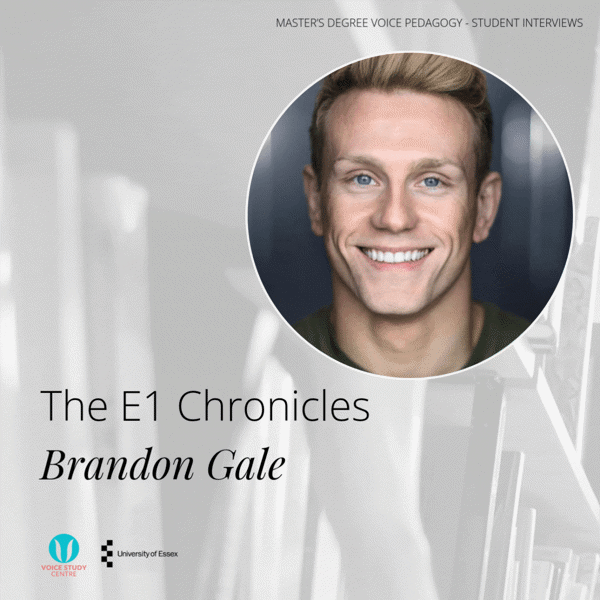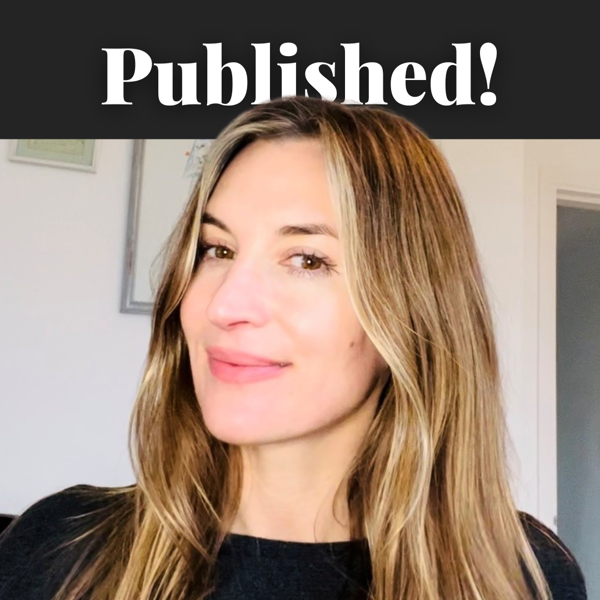Course Review: Training the Passaggi of Classical Genre Voices with Ken Bozeman
Friday 30th June 2023Ken Bozeman’s classical passaggi short course began by discussing acoustic and laryngeal vocal registers and the two primary register transition zones (passaggi) – lower and higher – with a focus on the lower passaggio. He noted that registers and passaggi can be trained similarly, regardless of body type or gender identity. Ken summarised the general goal as being a ‘dynamic, smooth laryngeal and acoustic registration across range’ (with no flips or breaks) and talked through the main challenges to this, including language and the ‘yell instinct’, as well as expression being the best solution.
Throughout the course, Ken illustrated his points with his own vowel sounds and gestures and utilised a number of charts, clips and audio excerpts to make his work very immersive and interactive. These included a demonstration of acoustic registers using a Madde synthesiser and a range of short video clips showing vowel turnings (back and front) and migration.
The Italian classical singing technique of ‘chiaroscuro’ was featured, with its uses including passive vowel tuning and active vowel modification, and tips for best practice were shared. Ken also provided useful advice on head, mouth and tongue positions within range, including the ‘light smile’ response originally recommended by early Italian pedagogy. Towards the halfway point, Ken featured some of Luciano Pavarotti’s theories on the transition between open and close timbre.
One of the most insightful elements of the course was the special strategies that Ken shared for overcoming the resistance to the transition from open to close timbre. The first one was the ‘jolly old man’ voice, co-developed with his friend Bob Stillman. This was defined as being higher in pitch and duller in timbre (less ‘buzzy’) and can counteract habitual larynx-raising while conserving breath and aiding the sensation of acoustic closure. The second one was ‘pharyngeal voice’, a peculiar, witchy timbre with high spectral content designed to assist ease and clarity of production across lower laryngeal register shifts and strengthen treble middle voice by improving glottal closure.
The final strategy was nose scrunch/eye squint/’imposto’, a technique ubiquitous in pop styles and an affect of confident affirmation or agreement (“hell yeah, damn right”). Its features help to elevate the tongue dorsum and palate, narrow the epilarynx and lower the phonation threshold pressure (PTP), aiding the transition from open to close timbre. Ken rounded things off by talking through the features of treble voice lower and upper passaggio, as well as whoop exploration, before summarising his strategies to bring the course to a close.
Ken Bozeman
Kenneth Bozeman, BM, MM,Professor Emeritus of Music, taught at Lawrence University for 42 years where he chaired the voice department and from...




